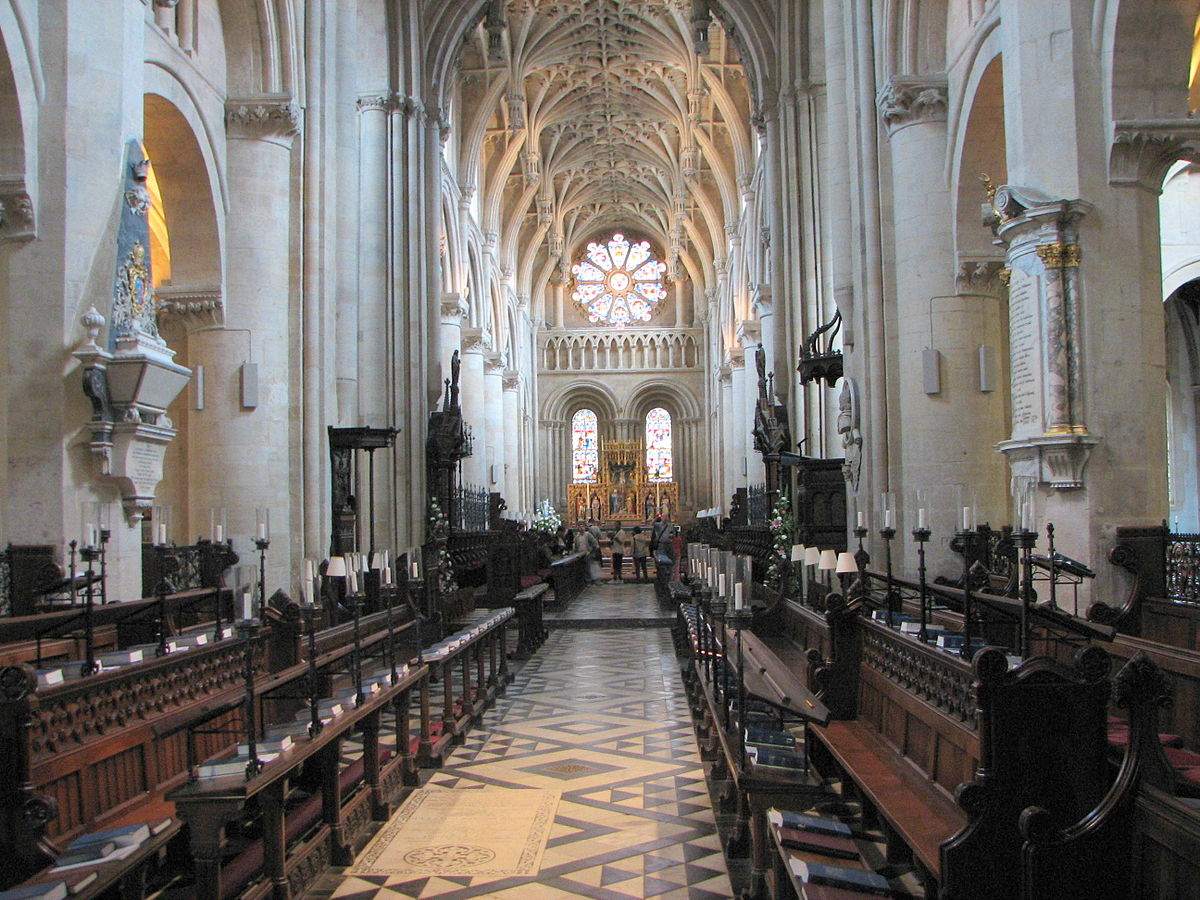Old evangelicals and "New Methodists"
A review of Wesley and the Anglicans by Ryan Danker

By Jennifer Woodruff Tait, managing editor of Christian History magazine
As someone who has spent much of my life among Methodists and a somewhat smaller portion among Anglicans (and who has prepared for the ordained ministry among both groups), it's been my experience that, while both those groups name John Wesley as one of their forefathers in the faith, the way they tell his story is very different.
For Methodists, Wesley's critique of Anglican legalism, corruption, and complacency (of which there was plenty in the 18th century) culminates in the establishment of Methodism, which then jumps the Atlantic and conquers the American continent. No one ever worries about what happened to the Anglicans afterward. For Anglicans, Wesley is an 18th-century hero among many faithful priests and pastors who spoke out for a better way, leading to 19th-century movements of renewal and social action; he somewhat regrettably and accidentally produced a schism, but no one talks about that in polite company. :) No one ever worries about what happened to the Methodists afterward.
That's why the new book Wesley and the Anglicans by Ryan Nicholas Danker is so important: he worries about both groups. And he worries about the intersection of spirituality and politics. Ryan, who a long time ago was my student when I was a teaching assistant at Duke, comes by it all naturally: he is an evangelically-minded, high-church United Methodist who teaches at Wesley Theological Seminary in Washington, DC.
The book tells the story of how Wesley and other evangelical Anglican clergymen related to each other for the first few decades after the beginning of Methodism (which was a looser and more varied association at the beginning than is sometimes believed.) Ryan describes the context of early English Evangelicalism and how Evangelical-sympathetic clergy established networks of friendship and influence. (The 18th century, which understood Evangelicalism as a "party" within the broad religious landscape of the Church of England, usually capitalized the word.) Ryan fits the Wesleys into that picture, and then he looks at the way tensions arose between John Wesley and other Evangelicals, including his own brother.
While sympathetic to the desire for "heart religion" that John preached, most Evangelicals desperately wanted to stay within the church, within which they were, in Ryan's words, an "embattled minority," They were gun-shy of associating with a movement criticized by Anglicanism's non-Evangelical members as politically seditious and religiously irresponsible. They viewed Methodism as dangerously close to the "conventicles" of an earlier era which had ultimately led to the overthrow of both state church and King; they distrusted John's use of lay preachers and the attempts of those lay preachers to administer Communion; and they resented Methodist preachers' disregard for parish boundaries by preaching to their flocks. (They felt that they were already doing a pretty good job explaining heart religion to them, thank you very much.). Pamphlets (which functioned essentially as the blogs of the 18th century) arose on both sides, each criticizing the other.
Relations eventually broke almost down completely after the University of Oxford expelled 6 students in 1768 for "methodistical practices" and the university cracked down on dissenting views. A degree from Oxford or Cambridge was the only route to Anglican ordination; Evangelicals, who already found getting ordained and obtaining a church difficult, did not want it to become impossible. The two paths began to diverge. The stories they told about each other eventually became the two different narratives I was expected to produce on two different sets of ordination exams.
Every so often, a book comes along which has the possibility to reshape a whole historical outlook and give us a new set of eyes by which we can see familiar things.The study of the history of Methodism has been very lucky in books like that recently, including Jeffrey Williams' Religion and Violence in Early American Methodism and Geordan Hammond's John Wesley in America. This is another book like that. When you strive to be a teacher, more often than not by your students you'll be taught.
More on the Wesleys in the newly reprinted Christian History magazine #69, The Wesleys. Image: the nave of Christ Church Cathedral



